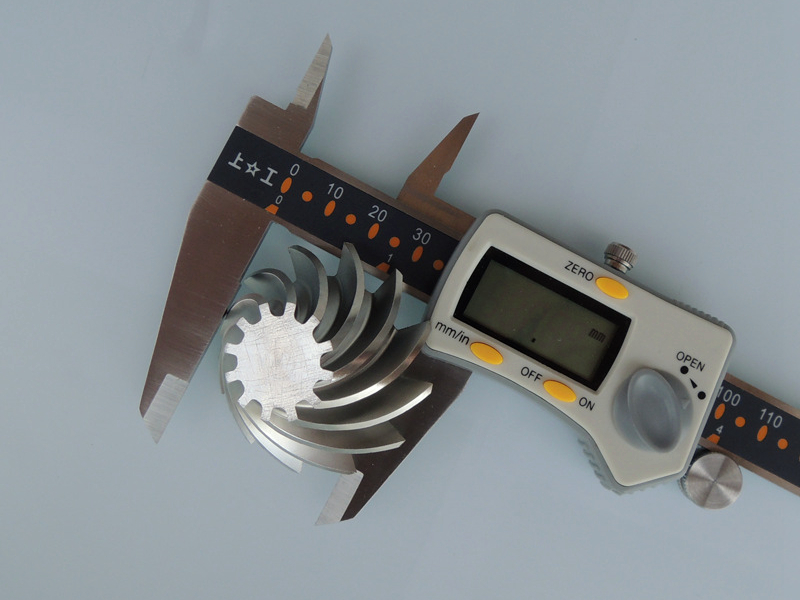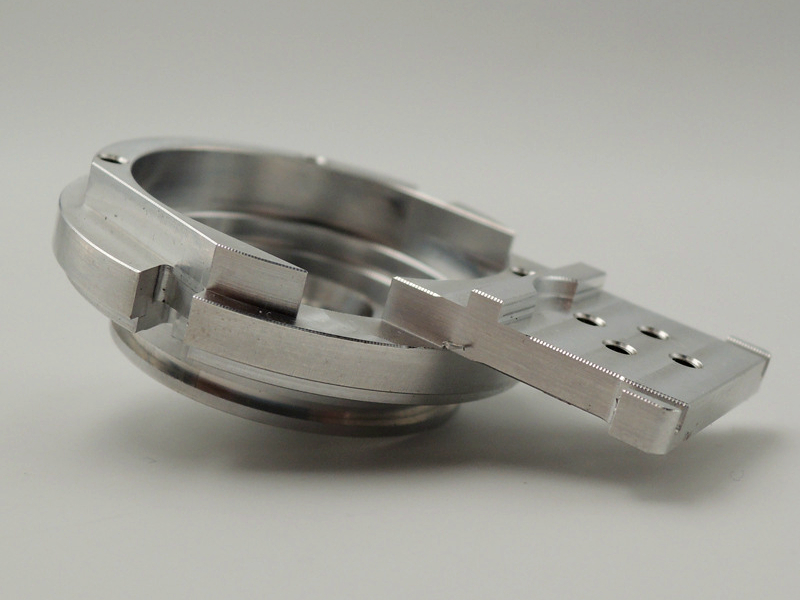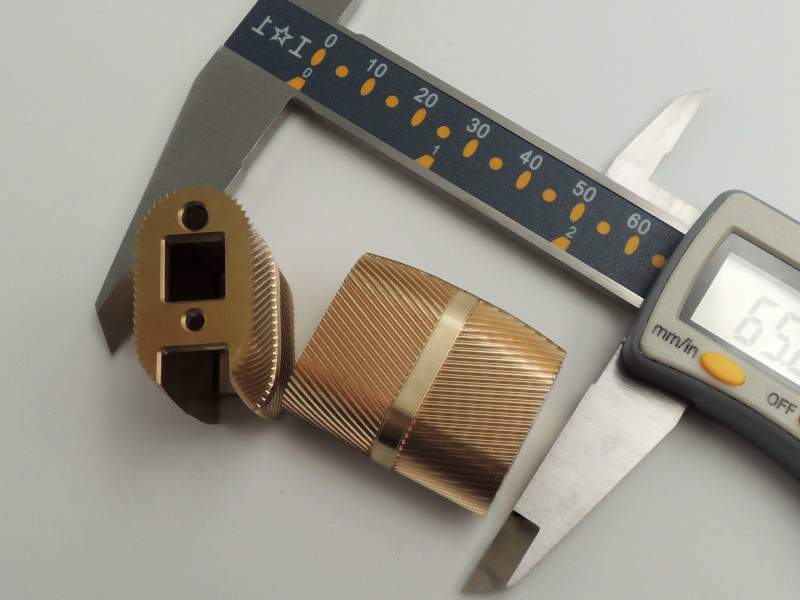哪些行业需要超高精度的CNC加工公差?
超高精度 CNC 加工公差——通常在 ±0.005 mm 甚至更紧——在精度直接影响性能、安全性或可靠性的领域至关重要。这些行业遵循严格的监管与功能标准,几乎不允许任何尺寸偏差。
航空航天
在 航空航天 领域,超高精度公差对于确保空气动力稳定性、振动平衡和抗疲劳性能至关重要。发动机零件(如涡轮叶片、压缩环和轴承座)通常采用耐高温材料(如 Inconel 718 或 Rene 80)进行加工,并使用先进的 超合金 CNC 加工 技术。这些部件常需经过二次工序,如 CNC 磨削 或 电火花加工(EDM),以在密封面和配合面上实现纳米级精度。
医疗器械制造
医疗领域的零件,如植入物、手术器械及诊断设备,对精度要求极高,以确保安全性与生物相容性。采用 钛合金 Ti-6Al-4V (TC4) 和 不锈钢 SUS316L 制造时,超紧公差保证了关节植入物的平稳运动、无泄漏的流体控制以及精确的器械对准。医疗器械 组件还需经过严格的表面精整处理,包括 电解抛光 与 钝化处理,以去除微毛刺并提升生物兼容性。
汽车与动力总成工程
在 汽车制造 中,精度决定了效率、耐用性与排放控制。燃油喷射器、阀体及变速齿轮的紧密公差通过 CNC 车削 与 CNC 镗削 实现。高强度材料如 4140 钢 与 铝 7075 在热循环下仍能保持稳定一致。诸如涡轮增压器壳体与活塞等部件,通常会经过 渗氮处理 以提升耐磨性与抗疲劳寿命。
机器人与自动化
机器人 与 自动化 行业要求驱动器、齿轮组与精密框架的完美对齐。采用 黄铜 C360 与 铝 6061-T6 等材料时,制造商依靠 多轴加工 来维持复杂装配的几何一致性。任何微小偏差都可能导致间隙、振动或定位误差。
能源与核能应用
在 能源发电 与 核能 行业中,高精度 CNC 加工部件保障了密封完整性与机械平衡。使用 Hastelloy C-276 或 Monel K500 等耐高温合金进行加工,可确保部件在高压、高热及辐射环境下保持稳定。诸如阀座、叶轮轮毂与密封法兰等部件,通常经过 PVD 涂层 或 粉末喷涂 处理,以增强其耐腐蚀与抗疲劳性能。
为何超高精度公差如此重要
超高精度公差确保了部件在高应力环境中的可靠性能。它能最大限度减少装配误差、防止泄漏、提升能效并延长使用寿命。尽管实现这些公差会增加制造成本,但在生命安全与任务关键型系统中,它们是不可或缺的。通过结合 精密加工、先进材料工艺与受控表面处理,Neway 能够提供符合全球最严格工业标准的一致品质。



